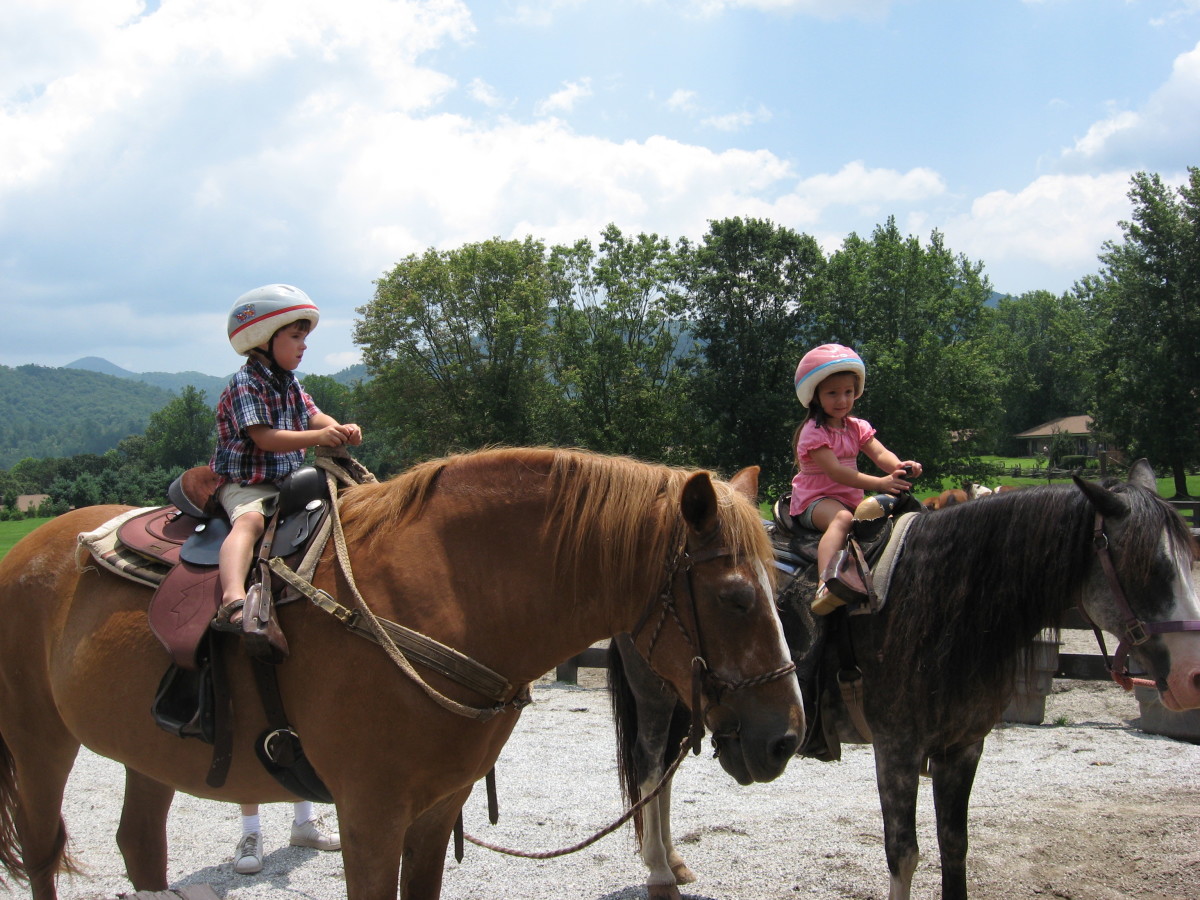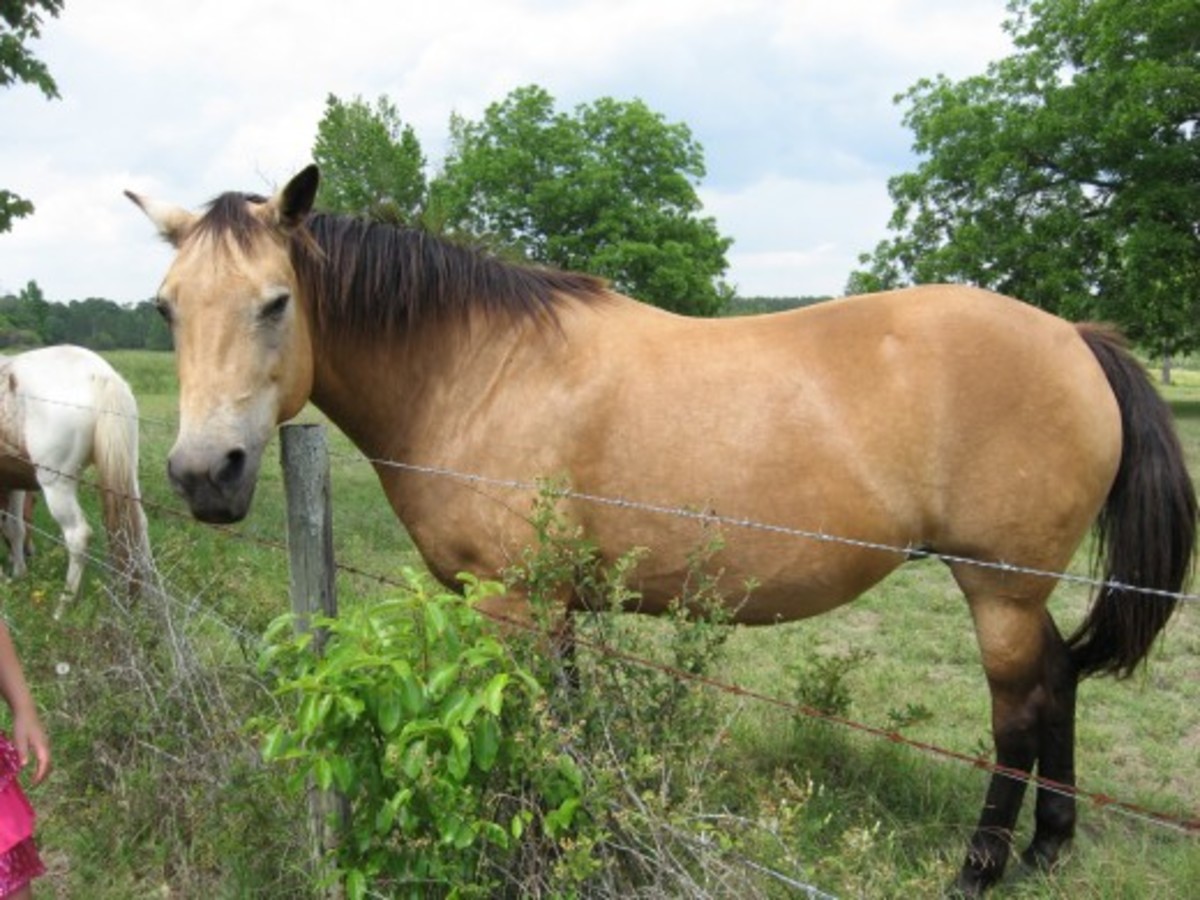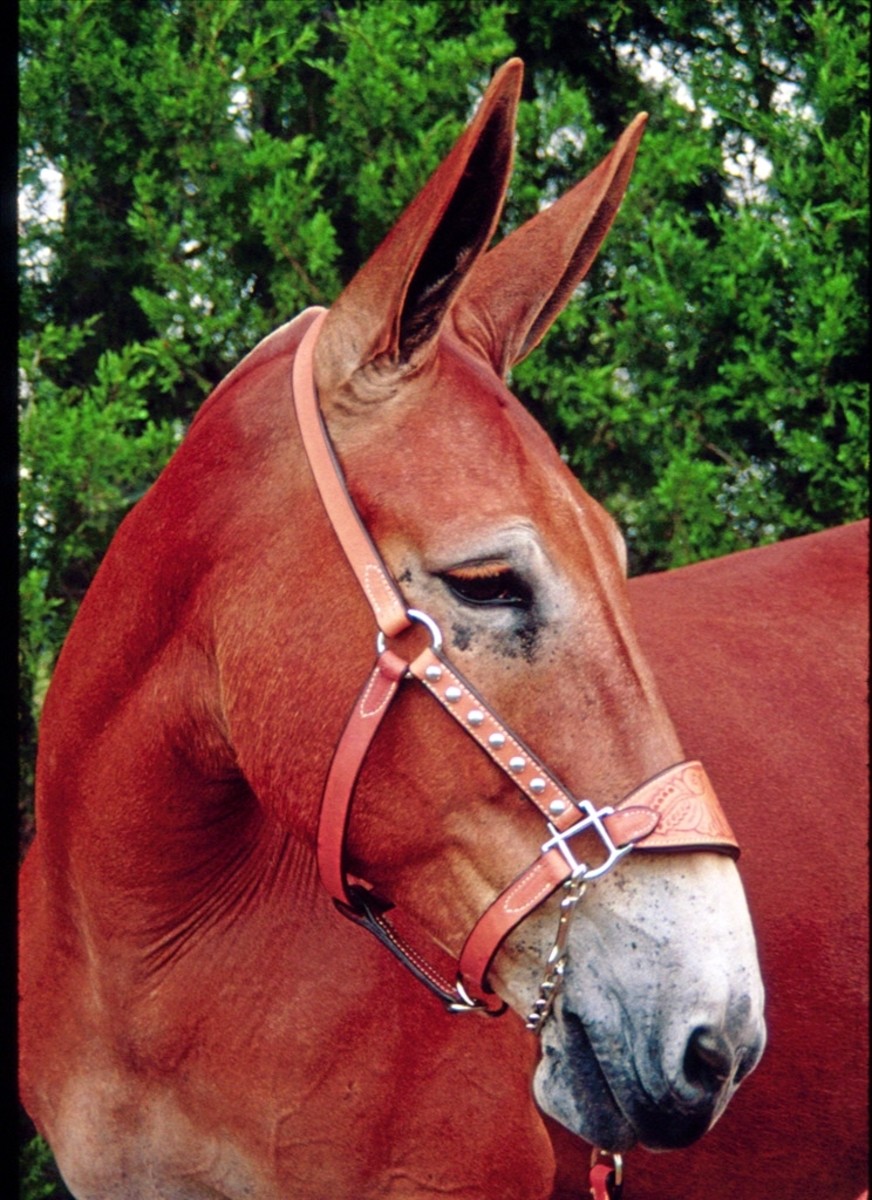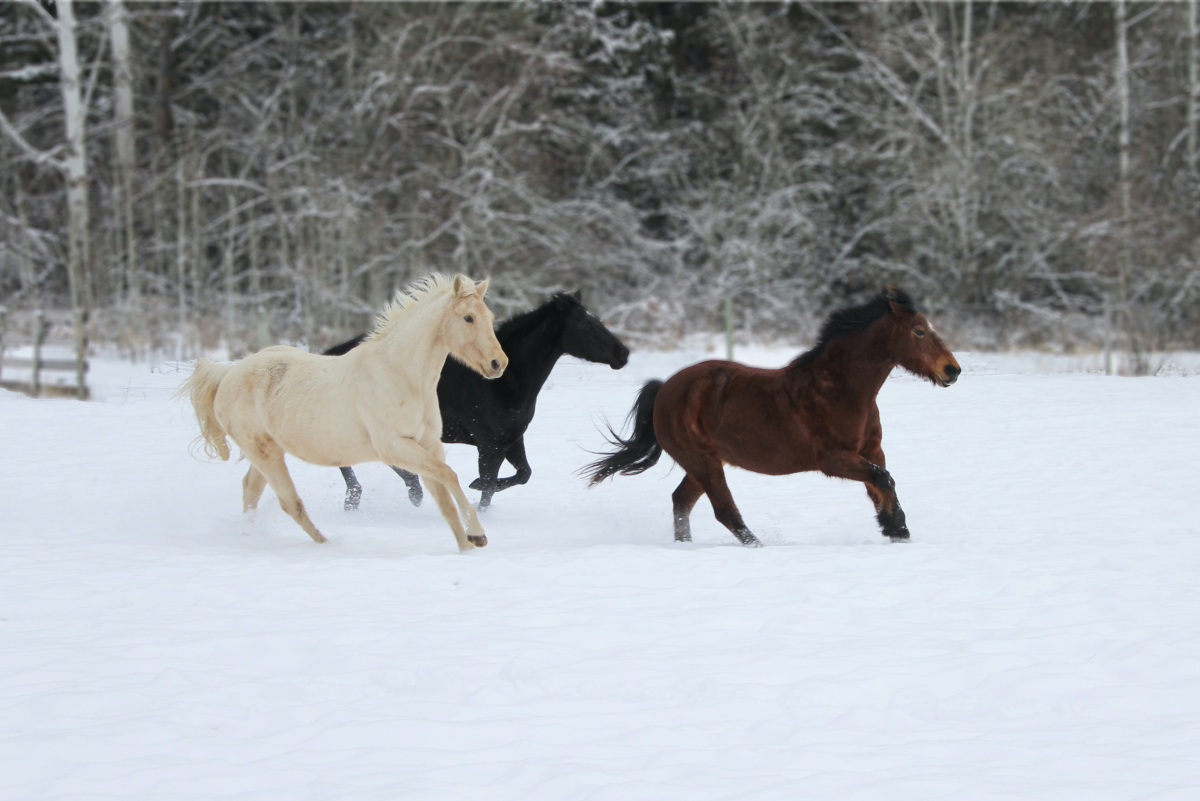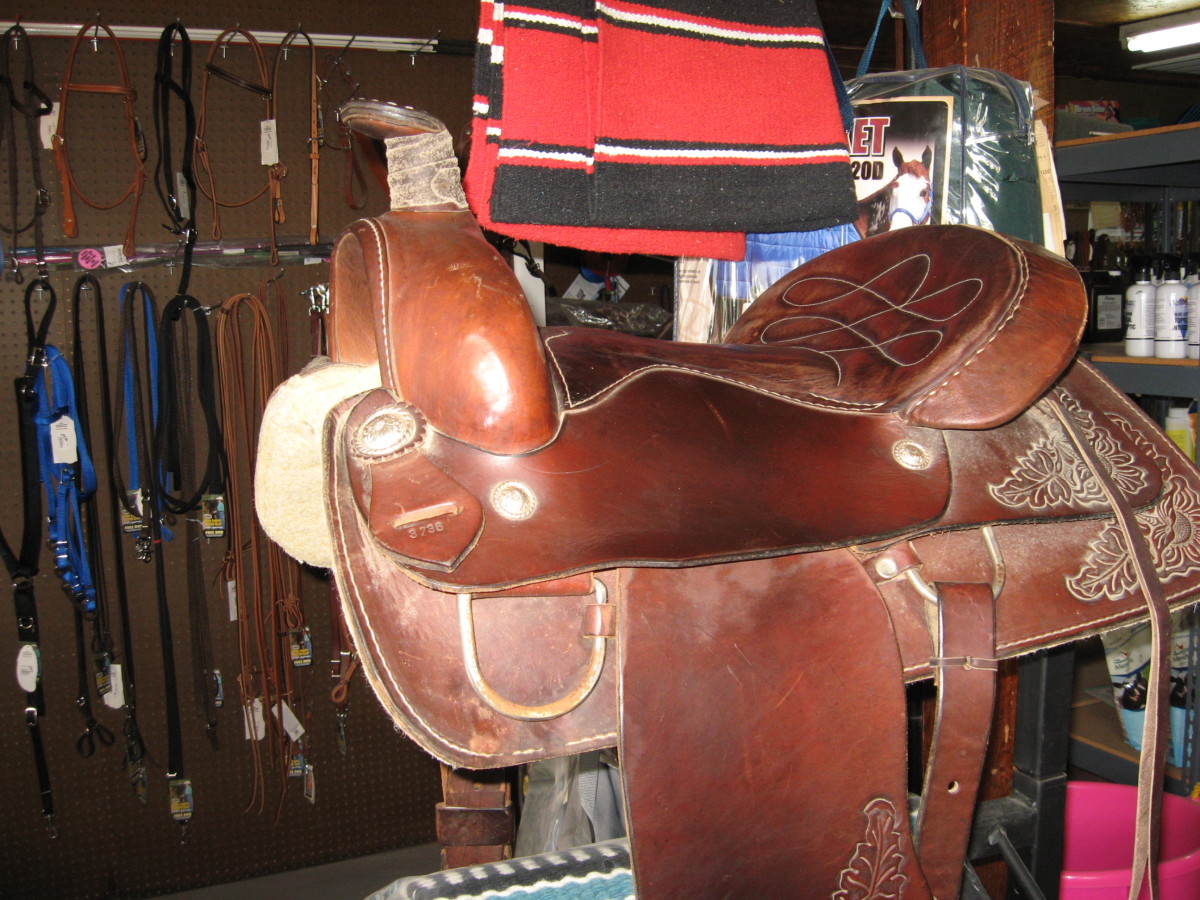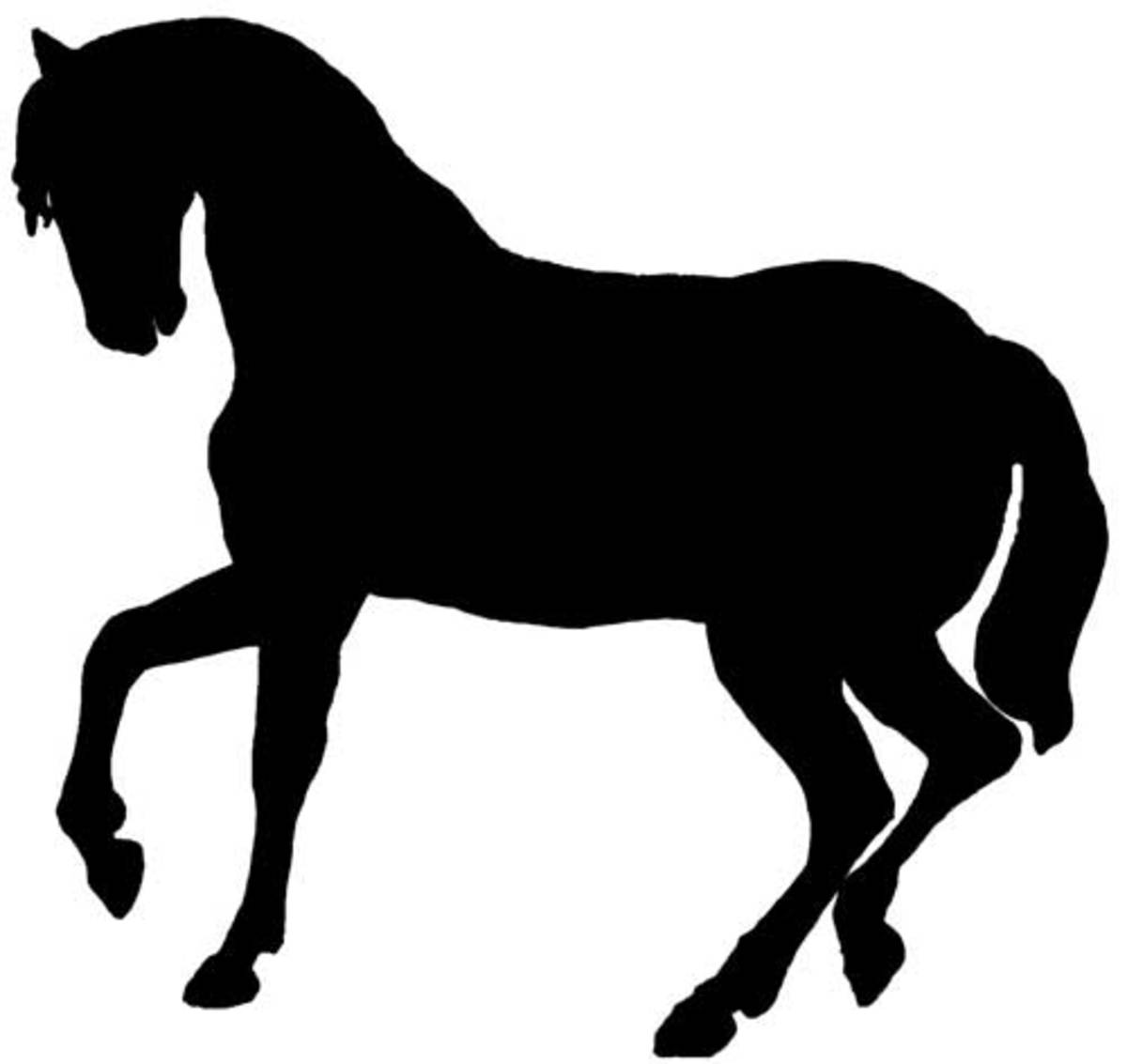Bringing Back Real Horse Power With Draft Horses
Draft Horses and Mules
One of the joys of writing The Book of Draft Horses and The Book of Mules has been meeting some folks who have taken it upon themselves to preserve a part of our country's heritage; partnering up with their work animals to plow, work fields, mow and rake hay, skid logs, pull horse drawn vehicles, and compete in horse pulls.

This return to the good ole days' way of doing things can in part be attributed to the rising cost of fuel and environmental concerns. Also, many folks can remember when working with horses were the norm rather than a novelty and are returning to using draft horses for nostalgic reasons.
In the tradition of early settlers who pooled their labor for big jobs like barn building, breaking ground for farming and quilting bees, some of today's draft horse owners hold events called plow days so they can preserve and pass on the skills of working with horses to future generations.
One such person is Mr. Jimmy Dozier of Nashville, North Carolina. He uses draft horses to plow the thirty acres he sets aside to grow corn, and to make hay. Mr. Dozier has two draft teams: Belgian Drafts, Marty and Mary, and two American Spotted Drafts named Maggie and Molly.
Mr. Dozier began inviting folks over for a plow days several years ago, and it has turned into a big event in Nash County.. Friends and neighbors come by to watch and some even try their hand behind the plow. The first one I attended had only a couple of teams plowing. This year there were maybe a dozen teams plowing the 30-acre cornfield. Other teams pulled wagons, giving spectators a ride around the whole farm. A trick mule showed up to entertain, there was an antique car show, a vintage fire truck, and some folks demonstrating old machines. The demos included a mill that grinds corn meal and grits, and a gasoline water pump. There were hundreds of people there to watch the horses and reminisce about the old days. Oh yes, and there was plenty of food for everyone.
Horse pulls are contests of strength. North Carolina is host to the Southern National Draft Horse Pull held in conjunction with the Southern Farm Show every February. It is one of the biggest horse events to take place at North Carolina's Hunt Horse Complex in Raleigh. The pulling contest between draft horses, like other contests of strength, stamina or speed of horses has its roots in pride of ownership. One farmer challenged another and the contest was on. As time went on and one thing led to another, rules were drawn up, the contests were sanctioned, and the rest is history. These contests are held all over the country. If you have the opportunity to go and watch these massive equines do their thing, you'll never forget the experience.
Horses and mules are also making a comeback in the logging industry. Selective harvesting done by horsepower leaves less impact on the environment and is less expensive than logging with heavy machinery in terms of equipment and operating costs.
Jason Rutledge of Virginia founded Healing Harvest Forest Foundation (HHFF) 1999 to promote using horses to log on a worse first single tree harvesting technique and to provide educational opportunities for the public and forestry students. Rutledge has conducted workshops throughout the east for the public at colleges and universities, including Duke University, to teach responsible forestry practices using draft horses. Draft horse owners across the country have graduated from this program to become certified biological woodsmen.
Their size and strength coupled with their gentle nature make the draft horse or mule make an ideal workmate. When compared to a tractor the draft equine runs on renewable fuel, is quiet, can get in and out of tight spots, can "repair itself" in most cases, and even can reproduce itself. As one draft horse owner said, "You're not going to go out one morning and find a baby tractor in the barnyard." While the monetary value is important, it doesn't begin to show the power these magnificent animals have in the hearts and minds of their owners and admirers.
© 2008 Donna Campbell Smith

